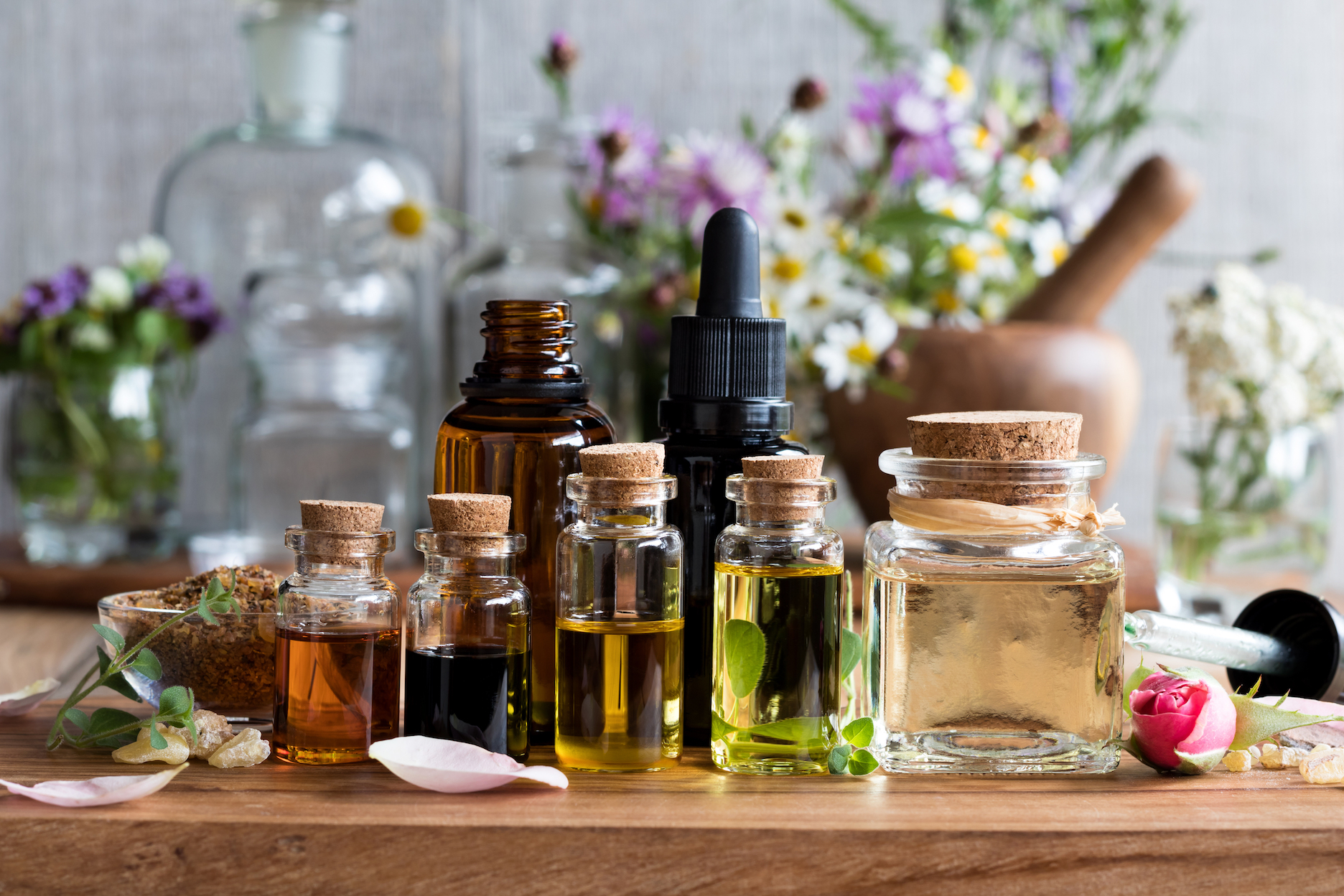
New breakthrough will help develop fragrances that last longer
Skin care products such as face and body wash are often purchased based on the way that they smell, yet these scents do not typically last very long after application. Researchers have created a new way to identify fragrances that will stick to the skin longer by using a sensing device.
“Companies incorporate a lot of fragrance oils in wash-off products, such as face washes and body scrubs, but the majority of these oils get washed away,” said lead author Martin S. Vethamuthu.
“My research team of solvers wants to help other companies amplify the efficacy, add to the allure and ensure the integrity of the retention of these fragrance notes in their products for skin and hair.”
Consumers are willing to spend a lot of money on products that smell good, but many are left dissatisfied when the scent does not last for more than an hour or two.
The research team set out to increase the efficiency of fragrance oils, which is a complex process.
“To build a scent profile in a body wash, it is a creative and artistic process of blending the fragrances,” said Vethamuthu.
He explained that there are three categories of scents: the top note, middle note, and base note.
“Each of these has a purpose, and some scents are meant to evaporate during the shower while others are meant to remain on the skin even after toweling off.”
Developing fragrance profiles can be a time-consuming and expensive process. Each time a fragrance is blended, the oil is sent to evaluators, who often return the fragrance for changes to be made and then re-evaluate the scents until the fragrance is flawless.
Vethamuthu’s team has modified a device, known as the twister bar headspace sorption extraction sensor, to simplify the process of perfecting fragrances. The tool is commonly used in the food industry to detect chemicals that could alter flavors and scents.
The sensor was used to identify which fragrances lingered on the skin longer, allowing the team to gather a profile of these particular scents. The experts also mixed the fragrance oils with various polymers to ensure their longevity.
Using this simplified process, evaluators would only be needed in the final step of the scent development process for verification.
“Polymers impact different fragrances in diverse ways,” said Vethamuthu. “By studying synthetic and naturally derived polymers, manufacturers can select the types of polymers they want to use that will correspond with the fragrance notes they want to prevail.”
Vethamuthu will continue to optimize these methods, and he hopes to refine the tool to mimic the human sense of smell.
The research was presented at the 255th National Meeting & Exposition of the American Chemical Society (ACS).
—
By Chrissy Sexton, Earth.com Staff Writer













